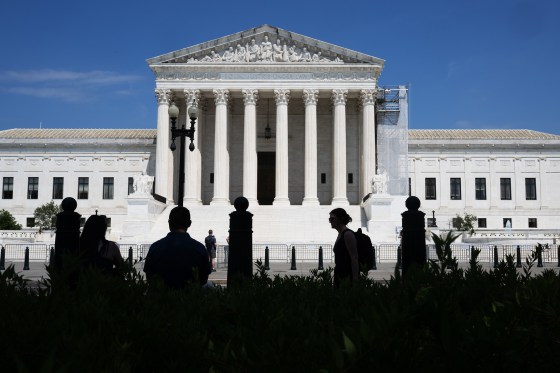Understanding TPS: Temporary Protected Status and Its Impact on Venezuelan Immigrants

Temporary Protected Status, commonly known as TPS, plays a significant role in United States immigration policy. This program offers legal status and work authorization to individuals from countries experiencing instability due to war, natural disasters, or other crises. For many Venezuelan immigrants, TPS represents an essential lifeline—giving them a chance to work, contribute to society, and live without the fear of imminent deportation while their home country recovers.
What Is TPS?
TPS is a federal program established in 1990 to respond to humanitarian emergencies. When a country is designated for TPS, its nationals already in the US can apply for temporary protection. This means they cannot be deported and are authorized to work for a fixed period, which can be extended depending on the conditions in their home country. TPS does not lead directly to permanent residence, but it does safeguard individuals from dangerous returns to unstable regions.
Recent Supreme Court Ruling and Its Implications
On May 19, 2025, the Supreme Court made headlines by allowing the Trump administration to revoke protected status for thousands of Venezuelans. This move could result in widespread deportations and significant challenges for affected families. The ruling enables officials to reverse TPS extensions granted during the Biden administration (read the NBC News summary).
As of now, the future for TPS holders from Venezuela is uncertain. While lower court litigation continues, the Supreme Court's decision brings the expiration of protections closer. Many advocacy groups, such as the National TPS Alliance, stress that ending TPS would lead to lost employment and disrupt communities across the country. More background can be found in the original NBC News report.
For additional coverage on the court’s decision, check the in-depth article from The New York Times. These resources provide valuable context for understanding the complexities of TPS policy and its real-world impact on families.
The Human Side of TPS
TPS isn't just about legal status—it's about safety, stability, and the hope for a better future. Since its inception, the program has shielded hundreds of thousands from displacement and peril. For Venezuelans in particular, TPS offered continuity at a time when their homeland faced severe political, economic, and humanitarian crises. The current changes could mean uprooting lives and returning many to unsafe conditions.
What’s Next for TPS Holders?
The legal situation remains fluid. Many are watching for updates as challenges continue in lower courts. Advocates encourage TPS holders to remain informed, consult legal experts, and participate in community efforts to raise awareness.
You can monitor ongoing developments and read further about the Supreme Court decision on AP News. Staying current on TPS policy ensures affected individuals are prepared for any changes.
Conclusion
TPS serves as a critical pillar of humanitarian relief in the US immigration system. As policies shift and court decisions unfold, it's vital for impacted communities to stay engaged and proactive. Continued advocacy and awareness are essential for those relying on TPS protections. For more information and the latest updates, follow trusted news sources and community organizations dedicated to immigrant rights.